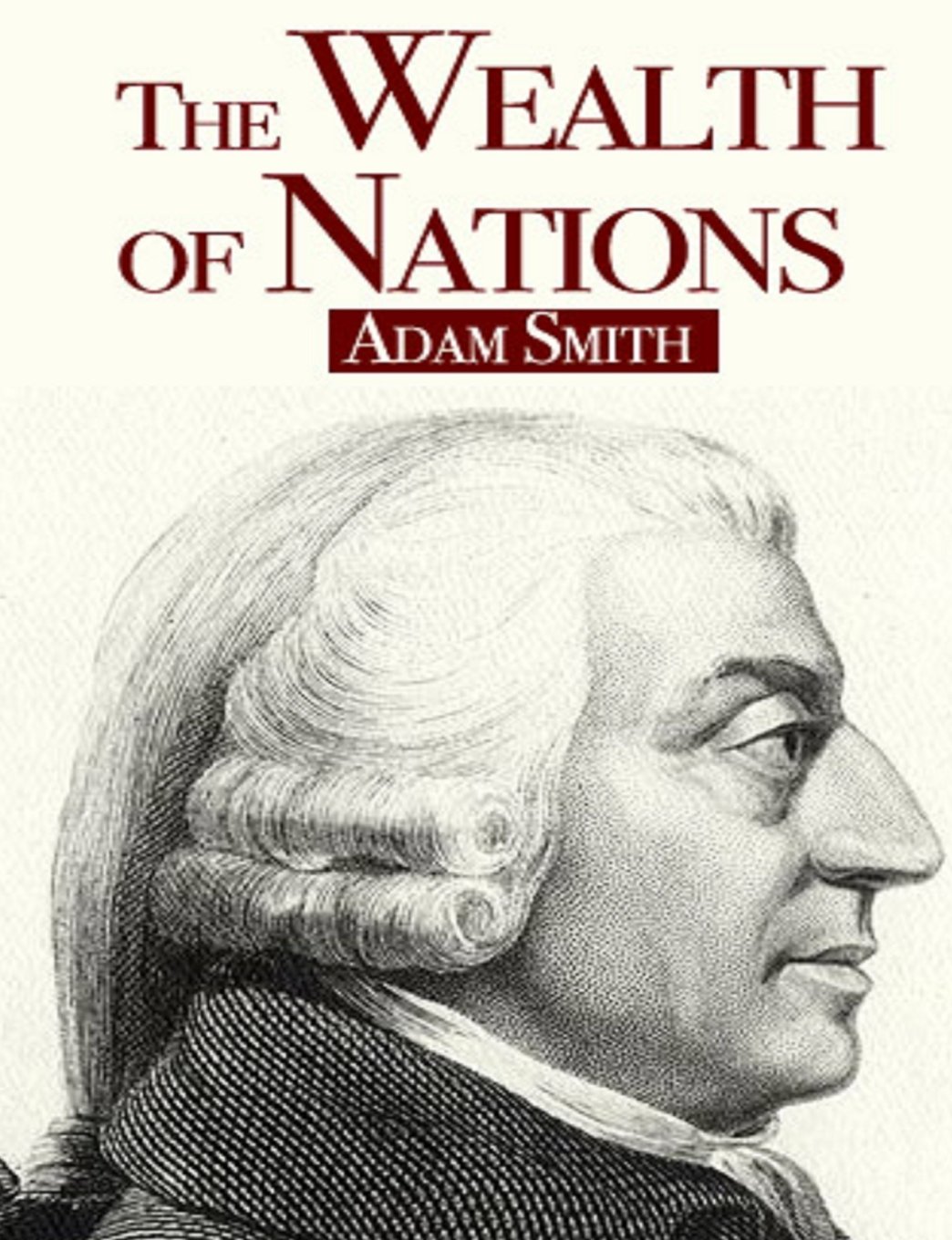The Overspecialization of Education
Abstract:
The increasing cost of college tuition is causing the demands of the job market to significantly influence the aim of higher education. Employers are demanding graduates that specialize in a specific set of skills. As a result, enrollment numbers are plummeting for liberal arts programs that have historically provided college students with a broad range of knowledge. There is a limit to the benefits of this trend towards a specialized education. Individual college students that are specialized to an extreme degree will forgo the opportunity to learn a broad range of useful skills. This paper seeks to establish the drawbacks of an overspecialized education by discussing the educational theories of John Dewey, David Meens, and Adam Smith. Going forward, the aim of higher education seems to be trending towards producing a workforce rather than developing well-rounded members of society.
Works Cited
Cappelli, Peter. "Why Focusing Too Narrowly in College Could Backfire." The Wall Street Journal. Dow Jones & Company, 15 Nov. 2013. Web. 10 Dec. 2016.
De, Nikhilesh, Minna Kim, Chloe Dopico, and Nick Huber. "Rutgers Unveils 4-year Plan to Improve School of Arts and Sciences." The Daily Targum. The Daily Targum, 20 Sept. 2016. Web. 09 Dec. 2016.
Dewey, John. "Democracy And Education." (1916): HathiTrust. Web. 9 Dec. 2016.
Malone, TW, RJ Laubacher, and T Johns. "The Age Of Hyperspecialization." Harvard Business Review 89.7-8 (n.d.): 56-+. Social Sciences Citation Index. Web. 9 Dec. 2016.
McCreadie, Karen, and Adam Smith. Adam Smith's The Wealth Of Nations : A Modern-Day Interpretation Of An Economic Classic. Oxford: Infinite Ideas, 2009. eBook Collection (EBSCOhost). Web. 9 Dec. 2016.
Meens, David E. "Democratic Education Versus Smithian Efficiency: Prospects For A Deweyan Ideal In The 'Neoliberal Age'." Educational Theory 66.1/2 (2016): 211. Publisher Provided Full Text Searching File. Web. 9 Dec. 2016.
Neal, Micki, Carla Fletcher, Melissa Shook, and Jeff Webster. Balancing Passion and Practicality: The Role of Debt and Major on Students' Financial Outcomes. Rep. N.p.: TG Research and Analytical Services, 2012.
Root. "Specialization." Investopedia. N.p., 27 Mar. 2015. Web. 15 Dec. 2016.
Smith, Adam, Edwin Cannan, and Max Lerner. An Inquiry Into the Nature and Causes of the Wealth of Nations. New York: The Modern library, 1937.
Williams, Terri. "Enrollment Down at Colleges of Arts and Sciences - GoodCall News." GoodCall News. N.p., 02 July 2015. Web. 15 Dec. 2016.
Woodhouse, Kellie. "Colleges of Arts and Sciences Struggle with Deficits as Enrollment Declines." Colleges of Arts and Sciences Struggle with Deficits as Enrollment Declines. Inside Higher Ed, 4 June 2015. Web. 09 Dec. 2016.


